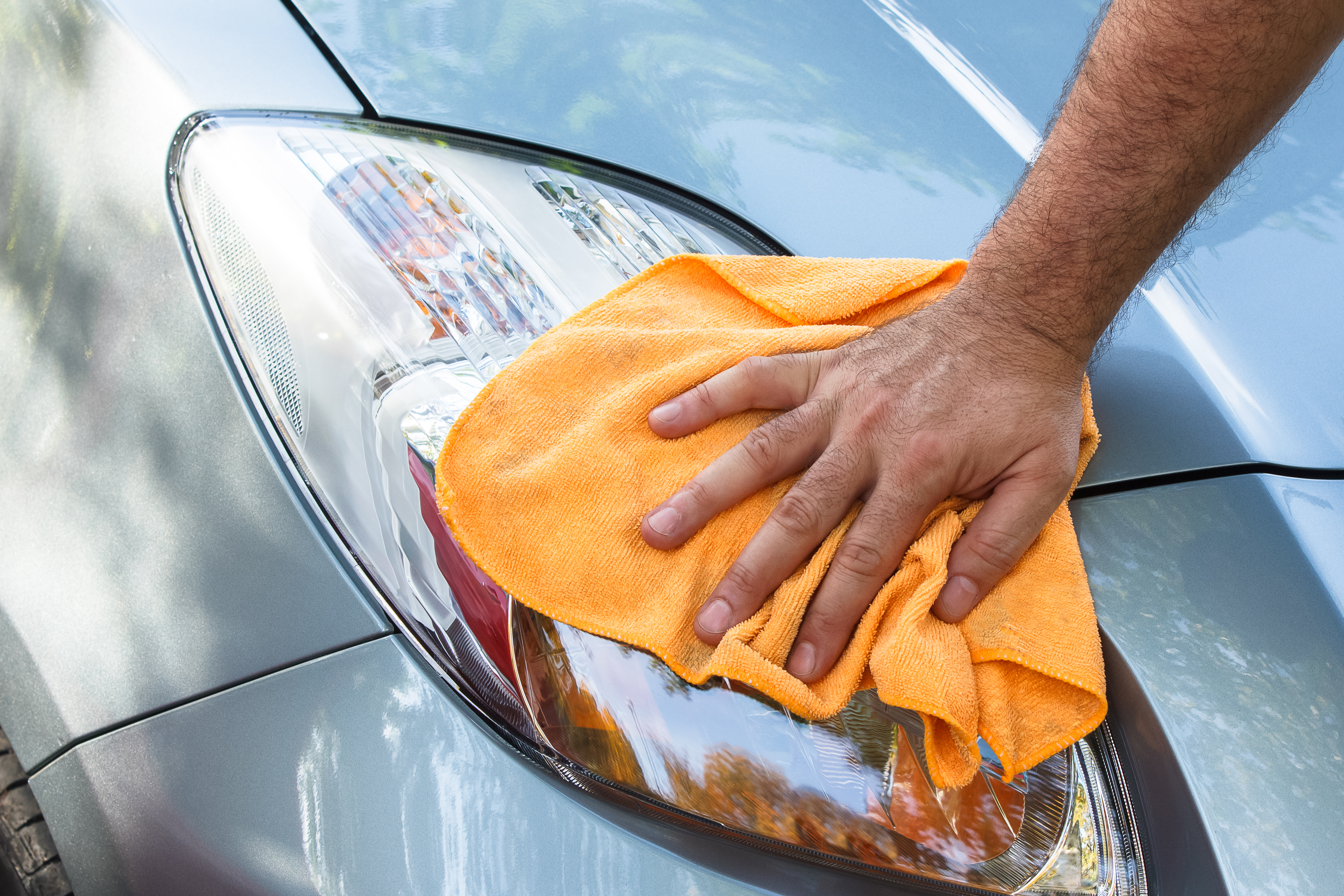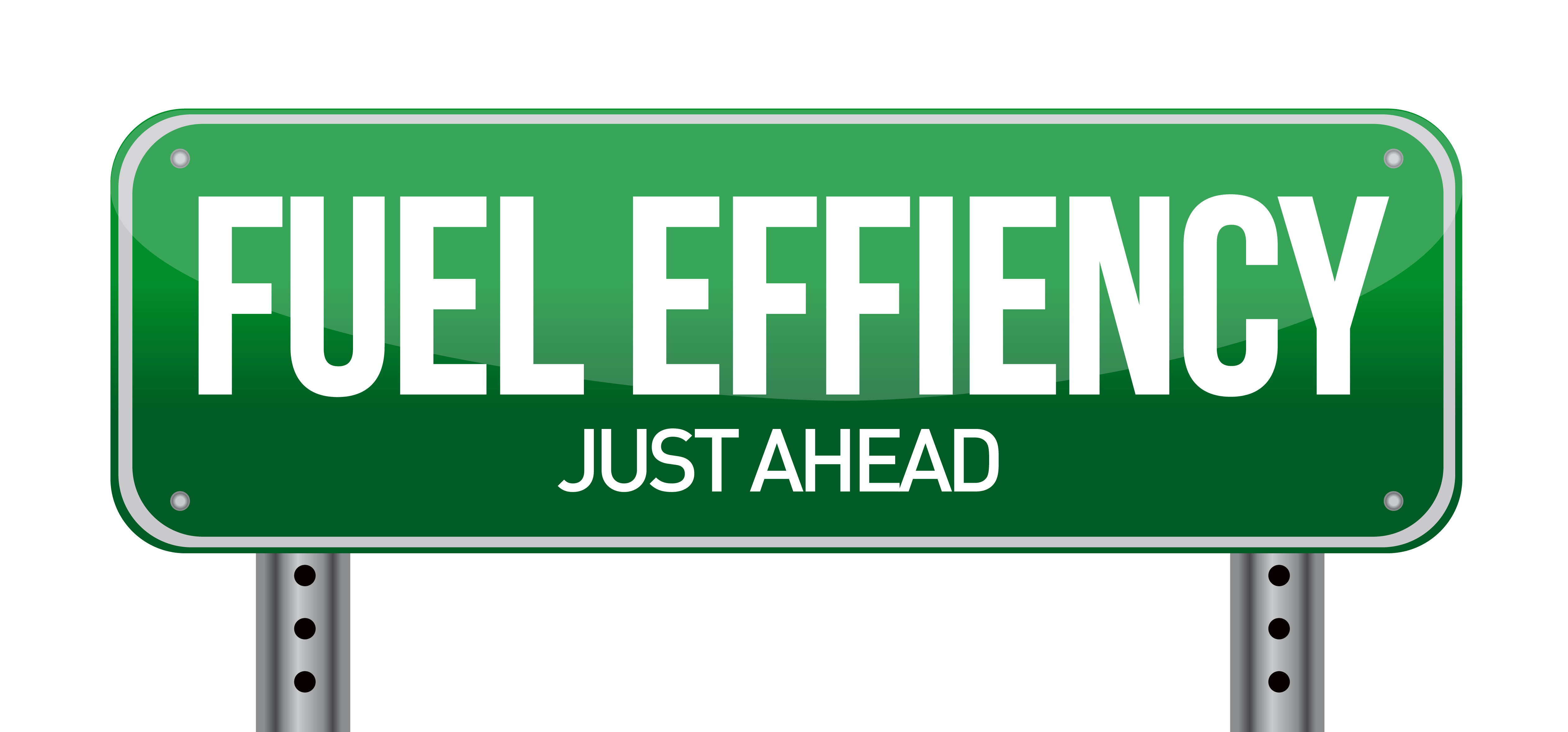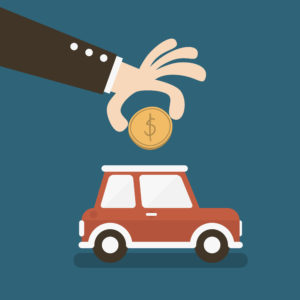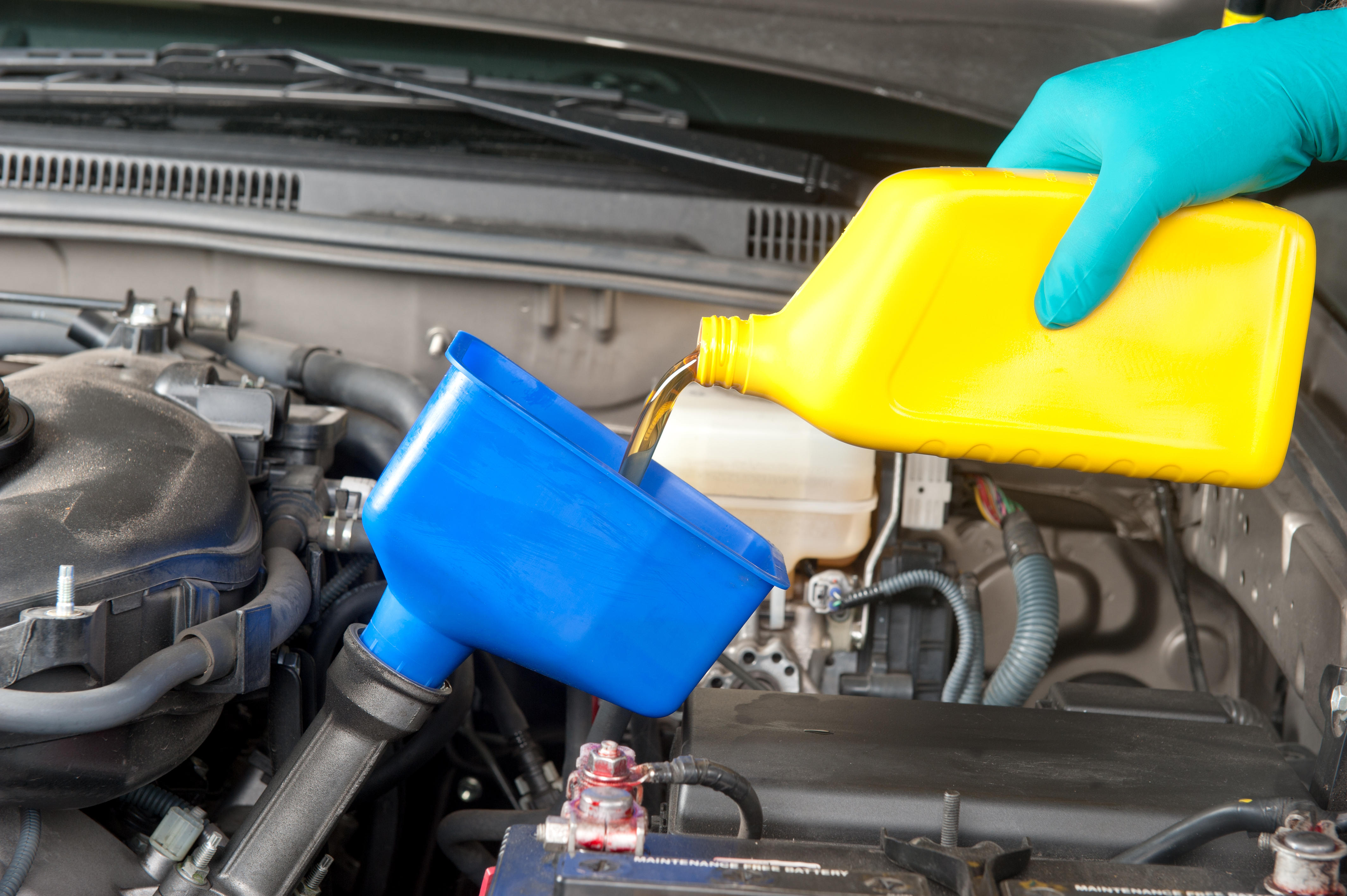Vital Things You Shouldn’t Ignore On Your Car
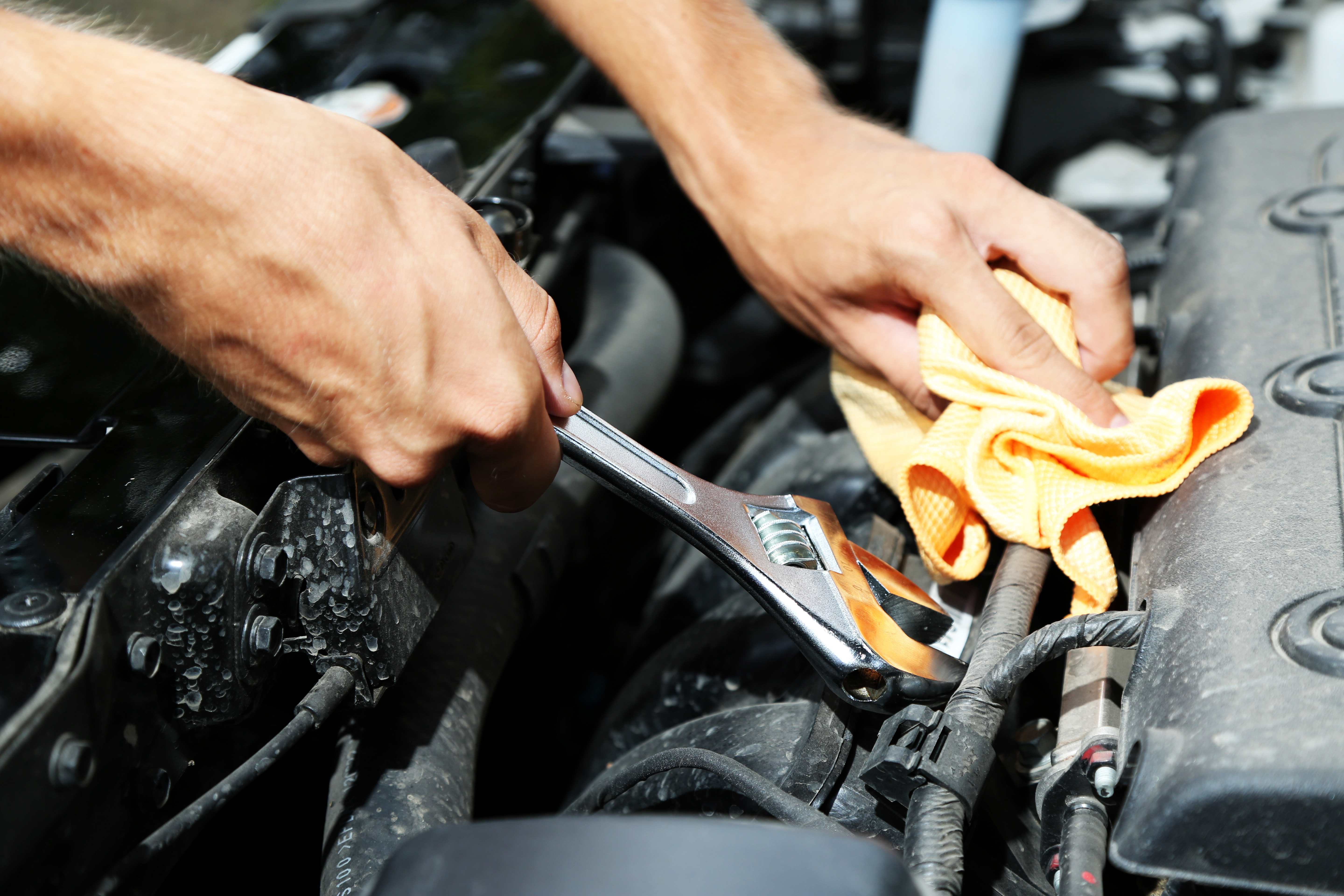
Just like humans, as cars get older, they get a little more worn down. It’s easy to want to ignore warning signs, however, ignoring them could cost you major expenses, or even your entire vehicle. Here are 7 things your shouldn’t ignore on your car:
Low tire tread
Tires will not last forever, and it’s important to keep an eye out on how low the tread it. You should consider getting new tires every 3-6 years, depending how much you drive your vehicle.
It’s also important that you check the tire pressure every couple of weeks. Along with getting your tires rotated regularly so the wear is more even.
Serious accidents and even death have occurred due to tire blowouts. Look for tears and other issues in the tread to make sure your tires are doing ok.
Brakes
Making sure your brakes are up-to-par is extremely important because, well, it’s what makes your vehicle stop. They are probably the most important safety feature on your car. However, many ignore the warning signs when they start to go out.
If your car swerves when braking, it’s a sign that your brake pads are wearing unevenly. A high-pitched squealing sound means your brake pads are wearing thin and need replacing.
Burned out lights
This is an easy fix, and relatively cheap. However, if you don’t fix them, the chances of getting into an accident increase. If your brake lights or turning signal lights are out, other drivers won’t know what your intentions are.
Not only that, but having burned out lights is a sure way to get law enforcement on your tail. It’s better for everyone if you replace them when they go out.
Worn windshield wipers
This is another inexpensive thing to fix on your vehicle, yet vital. If your windshield wipers fail in a storm, you’ll have zero visibility. Driving without good windshield wipers is extremely dangerous. You’ll know when they are wearing down, as driving in rain will be difficult, and annoying. Check them regularly for wear and tear.
Timing belt
Yes, this one is expensive to replace when it goes out, but it’s extremely important to the integrity of your vehicle. If you don’t replace it, it could snap and ruin your engine.
If your pistons are bent at high speeds, your car will may lose power suddenly and may be struck or you may lose control.
The old rule is get it replaced every 60,000 miles. As technology has improved, many manufacturers recommend intervals up to 100,000 miles. Check with your manufacture for specifics according to your make and model.
Don’t wait
While there are other things you’ll want to keep an eye out for, these are some vital ones. The last thing you want is to wind up on the side of the road, or in a serious accident. It pays off to replace these things when it’s time, and to keep you and other drivers on the road safe.
Quick Money Savings Tip For Safe Drivers
There are dozens of auto insurers – Which one will give you the best rate?
Step 1) Choose your vehicle make below.
Step 2) On the next page, complete the 4 minute questionnaire, and you'll have the opportunity compare the best rates in your area.
Step 3) Keep more money and possibly save hundreds!


